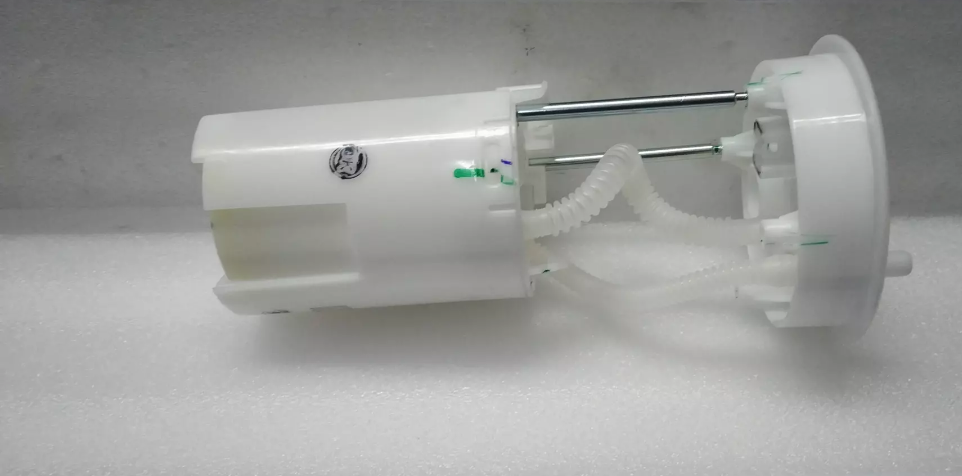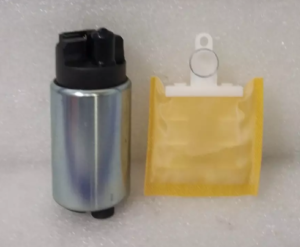Introduction
In the intricate symphony of parts that make up your vehicle, the car fuel pump stands out as one of the unsung heroes. This small yet vital component plays a significant role in ensuring your car’s smooth operation. In this article, we will delve into the world of car fuel pumps, exploring their functions, types, maintenance, and much more. Let’s embark on a journey to understand the heart of your vehicle’s engine.
The Basics: What is a Car Fuel Pump?
At its core, a car fuel pump is a mechanical or electrical device responsible for transferring fuel from the gas tank to the engine. It ensures a consistent and pressurized flow of fuel, which is crucial for the engine’s combustion process. Without a functioning fuel pump, your car simply won’t run.
Types of Car Fuel Pumps
Car fuel pumps come in several variations, each with its unique features and applications:
1. Mechanical Fuel Pumps
Mechanical fuel pumps are commonly found in older vehicles. They operate using the movement of an eccentric lobe on the engine’s camshaft. While reliable, they are gradually being replaced by electric fuel pumps in modern vehicles.
2. Electric Fuel Pumps
Electric fuel pumps are the standard in contemporary vehicles. They are efficient, reliable, and capable of maintaining a steady flow of fuel even at high speeds. Electric fuel pumps are usually located inside the fuel tank for cooling and noise reduction.
3. High-Performance Fuel Pumps
For performance enthusiasts, high-performance fuel pumps are available. These pumps can deliver a higher volume of fuel, making them ideal for tuned and turbocharged engines.
Signs of a Failing Fuel Pump
Recognizing the symptoms of a failing fuel pump can save you from unexpected breakdowns. Common signs include:
Engine Sputtering: If your engine frequently sputters or hesitates during acceleration, it could be due to a weak fuel pump.
Loss of Power: A struggling fuel pump can lead to a noticeable loss of power, especially when climbing hills or overtaking.
Difficulty Starting: A car that struggles to start, especially when the engine is warm, might have a fuel pump issue.
Maintaining Your Car Fuel Pump
To ensure your fuel pump’s longevity and performance, follow these maintenance tips:
1. Use Quality Fuel
Using high-quality fuel with proper detergents can prevent the buildup of deposits in the fuel pump and injectors.
2. Replace the Fuel Filter
Regularly replace the fuel filter as it prevents contaminants from reaching the fuel pump. A clogged filter can strain the pump.
3. Keep a Full Tank
Maintain a reasonably full gas tank. This helps cool the fuel pump, especially in electric pump systems where the pump is submerged in the tank.
4. Avoid Overheating
Overheating can damage the fuel pump. Ensure your engine doesn’t run excessively hot.
Conclusion
Your car’s fuel pump may be small, but its role is colossal in keeping your vehicle on the road. Regular maintenance and understanding the signs of a failing fuel pump are crucial for the longevity of your car. Treat your fuel pump with care, and it will, in turn, keep your car running smoothly.
FAQs
1. How often should I replace my car’s fuel filter?
- It’s recommended to replace the fuel filter every 20,000 to 40,000 miles, but check your vehicle’s manual for specific guidelines.
2. Can a clogged fuel filter damage the fuel pump?
- Yes, a clogged fuel filter can strain the fuel pump, potentially leading to damage over time.
3. Are electric fuel pumps more efficient than mechanical ones?
- Yes, electric fuel pumps are generally more efficient and capable of maintaining steady fuel flow.
4. What happens if I run out of gas in a car with an electric fuel pump?
- Running out of gas can cause the electric fuel pump to overheat and potentially fail.
5. How can I tell if my car’s fuel pump is failing or if it’s another issue?
- If you experience symptoms like sputtering, power loss, or difficulty starting, it’s advisable to have your car inspected by a mechanic to determine the exact issue.

